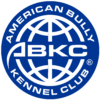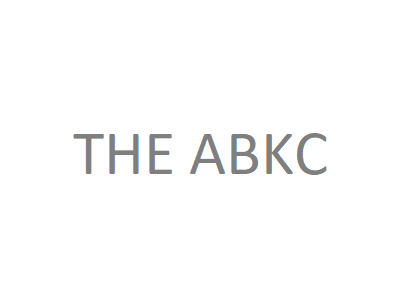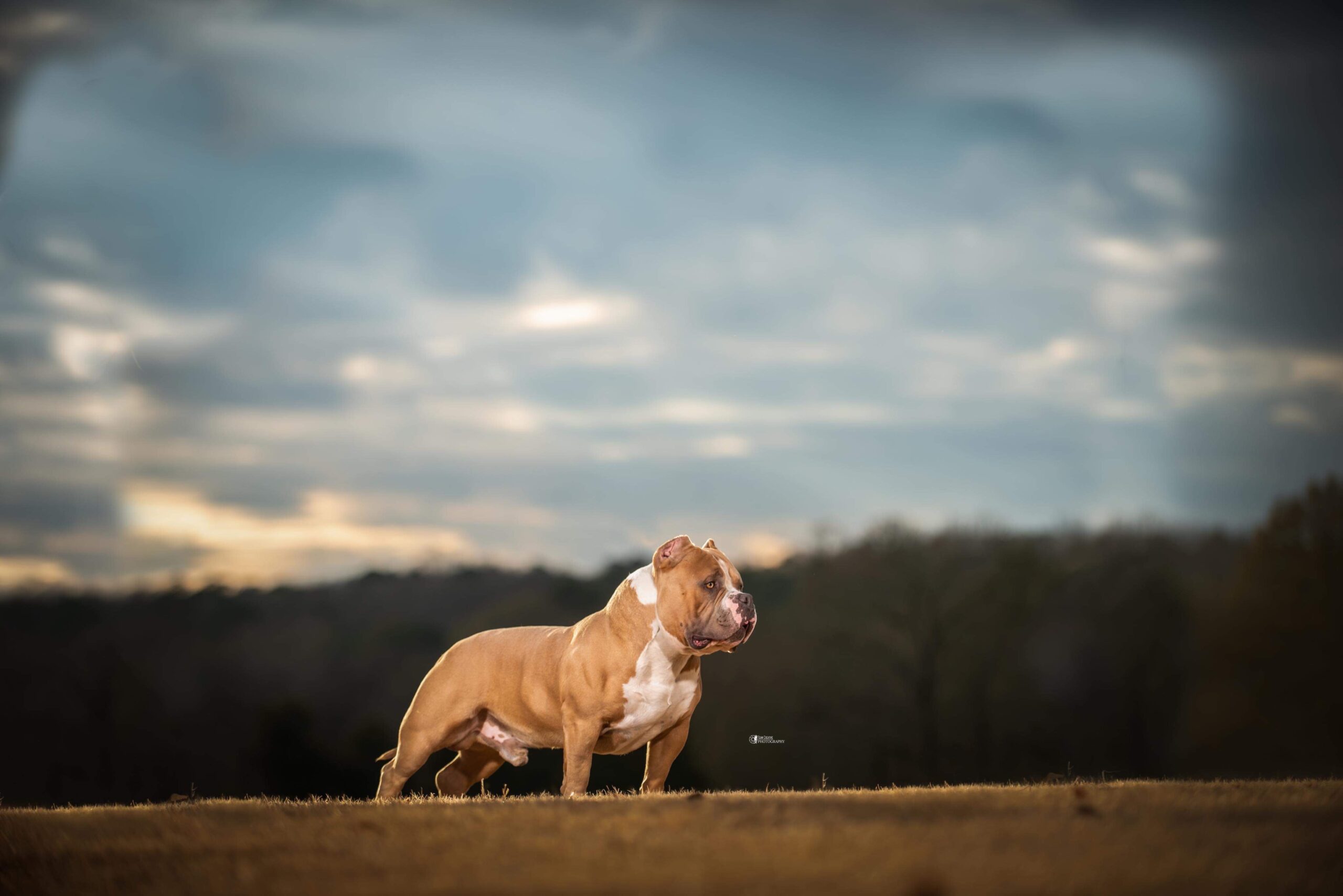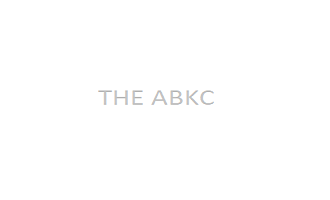Olde English Bulldogge
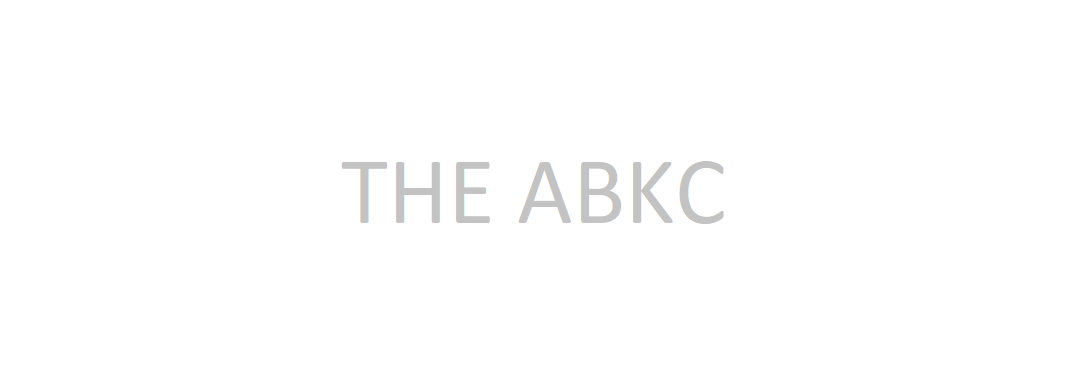
The ideal Olde English Bulldogge is a loyal, courageous dog of medium size with a large powerful head and stout muscular body. Olde English Bulldogges are athletic and most importantly of very good health, males are free breeders and females are free whelpers. The Olde English Bulldogge is devoid of all breathing issues and is capable of enjoying outdoor activity without concern except in extreme heat or cold. The temperament is very stable and trustworthy making them a loyal companion, capable protector and the ultimate family member. Old English Bulldogges thrive on pleasing their owners and are very trainable.
Head
Large and high, moderately sunken between the eyes (medial furrow). The circumference of the head should be equal to or greater than the dog’s height at the shoulder. A narrow head or one that appears too small for the body is a fault.
Ears
Rose ears set well on the sides of the head are preferred. Dropped ears are acceptable as long they are small, not “hound like”. Full pricked ears that stand up on top of the head should be considered a serious fault.
Muzzle
Broad, deep, and short with moderate wrinkling. The bite is undershot with the bottom jaw turning up noticeably. Lower canines should not protrude. Muzzle too long (more than 3 inches), scissor bite or even bite are disqualifying faults. Muzzle should be no shorter than 1 _”. Wry jaw is a disqualifying fault.
Eyes
Wide apart and of moderate size. Any color is acceptable. However, odd eyes (one dark, one blue or light) should be considered unpreferred. Misshapen or bugged eyes are a serious fault. Lacking pigment around the eyes is undesirable. Crossed eyes or non-symmetrically shaped eyes are a disqualifying fault.
Nose
Broad with open nostrils with no sign of air restriction. The nose should not be pushed up between the eyes. From the stop to the end of the nose must be at least one- and one-half inches. The nose should be a solid color. Lacking pigment is a serious fault. A nose lacking all pigment is a disqualifying fault.
Neck
Short to medium in length and very muscular flowing into the shoulders and should not be set on the dog so it appears to stop at the shoulders.
Chest
Ribs should be well sprung (rounded) and the chest wide and deep. Depth of chest should be at least to the elbows. A hollow or narrow chest (slab sided) should be considered a serious fault.
Back
Males should appear square and balanced. Females should appear similar with consideration given for body length. Short with a very slight rise from the shoulders to a slight drop in the croup is preferred. A level back is acceptable as long as the tail does not come straight off the top of the back.
Shoulders: Shoulders should be well laid back with significant angulations to allow for good movement. Straight shoulders are a fault.
Legs
Forelegs should be straight and wide apart, neither bowing out nor turning in. There should be significant bone substance. Elbows should be relatively close to the body. Lacking bone and substance is very undesirable. Elbows that are loose or “fiddle fronts” are a disqualifying fault. “East / West” forelegs are a serious fault. Rear legs should exhibit significant bend of stifle so to allow for good movement. They should be well muscled. Straight or “posty” rear legs are a serious fault. Cow hocks are a disqualifying fault.
Movement
Dogs should have a balanced gait that drives off the rear and is complimented by reach allowing the dog to cover ground with a sense of power. Dogs should single track. Pacing or crabbing is a serious fault.
Feet
Round, tight both front and rear, and the pasterns should be strong. Weak pasterns and/or splayed feet are disqualifying faults.
Height
Males – 18 to 20 inches at the shoulder.
Females – 17 to 19 inches at the shoulder.
Weight
Between 50 to 70 lbs. for females and 65 to 85 lbs. for males. Although height and weight above the standard is to be discouraged, there is no penalty as long as the dog is well proportioned, otherwise correct and balanced.
Color
All colors are acceptable. The coat is short. A wavy coat or a long coat is a disqualifying fault. There should be no signs of feathering on the legs or neck area, also a disqualifying fault.
Tail
A pump handle tail that naturally reaches the hock is preferred, screwed short or a docked tails are acceptable. The pump handle tail should be carried low and not over the back of the dog.
Temperament
Disposition should be outgoing and happy. While a watchful nature may be expected at home, human aggression without provocation is a disqualifying fault.
